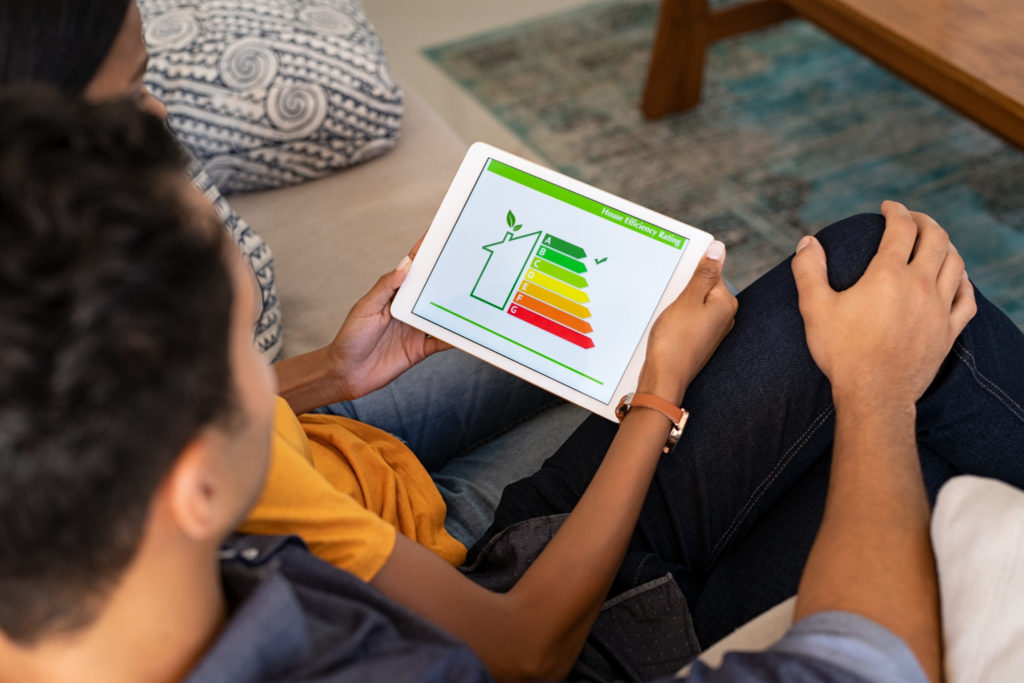Homeowners make multiple financial decisions when they decide to buy a home. The type of mortgage they choose and their monthly budget affect their purchase options. You may opt to spend less on an older home because you don’t have a large down payment or pay more for a new home so you don’t have to worry about property repairs when you take possession.
All homeowners must budget for household maintenance costs. Annual maintenance involves tasks such as cleaning the gutters and replacing the batteries in your smoke detectors. Homeowners can also take some steps to make their homes more energy-efficient while performing annual maintenance. Let’s look at how your fall furnace tune-up can make your home more energy-efficient, other ways you’ll benefit from investing in fall furnace maintenance, and why you should invest in energy efficiency.
How does a fall furnace tune-up promote energy efficiency?
Your home’s heating and air conditioning systems use more energy than any other appliance. Consequently, reducing your heating and air conditioning costs is the quickest way to reduce your energy bill.
When you hire a heating, ventilation, and air conditioning (HVAC) company to service your furnace, they’ll send licensed HVAC technicians to inspect your HVAC system. The technicians will test your furnace to ensure it’s working correctly. They’ll also inspect all the parts, look for signs of wear and tear, and replace or repair any damaged parts.
When worn parts don’t work correctly, your HVAC system may struggle to perform optimally, causing it to run for more extended periods and increasing your energy costs. The technicians also clean your HVAC unit, and removing dirt from your system and replacing old filters can also improve your system’s efficiency. Ultimately, a fall furnace tune-up could boost your system’s energy efficiency by as much as 20%.
Does investing in furnace maintenance offer other benefits?
Worn parts are more likely to malfunction. Consequently, skipping your fall furnace maintenance increases the chances your furnace will break down when you need it most. Paying for emergency repair costs is more expensive than scheduling routine maintenance, and it’s less convenient. If your furnace stops working during a winter storm, you may not have heat for several hours or days. You may also have to pay to take your family to a hotel if you can’t heat your home.
HVAC systems come with warranties, but you may invalidate your warranty if you don’t meet the warranty guidelines. Investing in HVAC maintenance ensures you won’t nullify your warranty and protects you from incurring unexpected repair costs if your system breaks down and the manufacturer won’t cover the repairs.
Today’s HVAC systems last between 15 and 20 years while older units may only last up to 12 years. Investing in routine maintenance extends your unit’s lifespan, enabling it to operate longer. Homeowners benefit from extending the life of their HVAC system because they don’t have to replace their HVAC unit as often.
HVAC systems draw air in, adjust the air’s temperature, and redistribute the air throughout your home. A dirty furnace can recirculate bacteria and toxins throughout your home. Replacing the system’s filter, having the ducts cleaned, and cleaning the furnace will eliminate contaminants and improve your home’s air quality.
Why should homeowners invest in energy efficiency?
Within decades, the world won’t have enough oil, coal, and natural gas to meet energy demands. Improving your home’s energy efficiency lowers your energy costs while reducing the demand for fossil fuels.
Investing in energy efficiency will also reduce some of your maintenance tasks. Suppose you install LED light bulbs, which consume less energy than incandescent light bulbs. LED bulbs also last longer. While you may have to replace incandescent bulbs a couple of times per year, LED light bulbs can last up to 11 years.
Investing in furnace maintenance can reduce your home energy bills. You’ll also benefit by extending your HVAC system’s life and improving your home’s indoor air quality.

